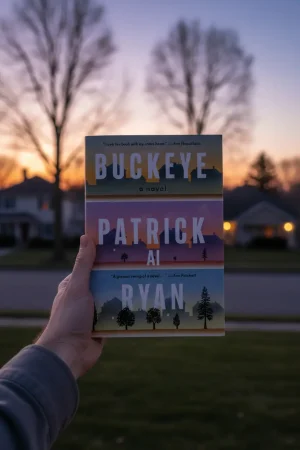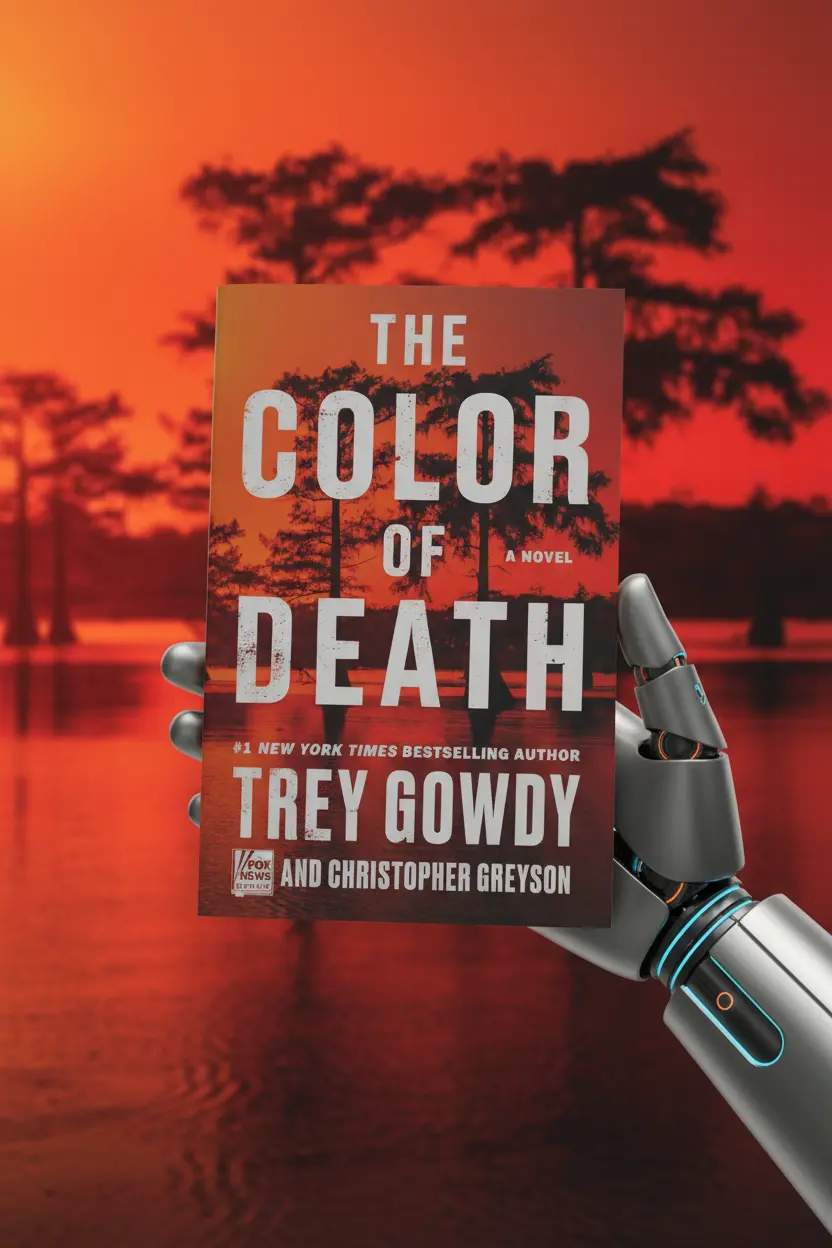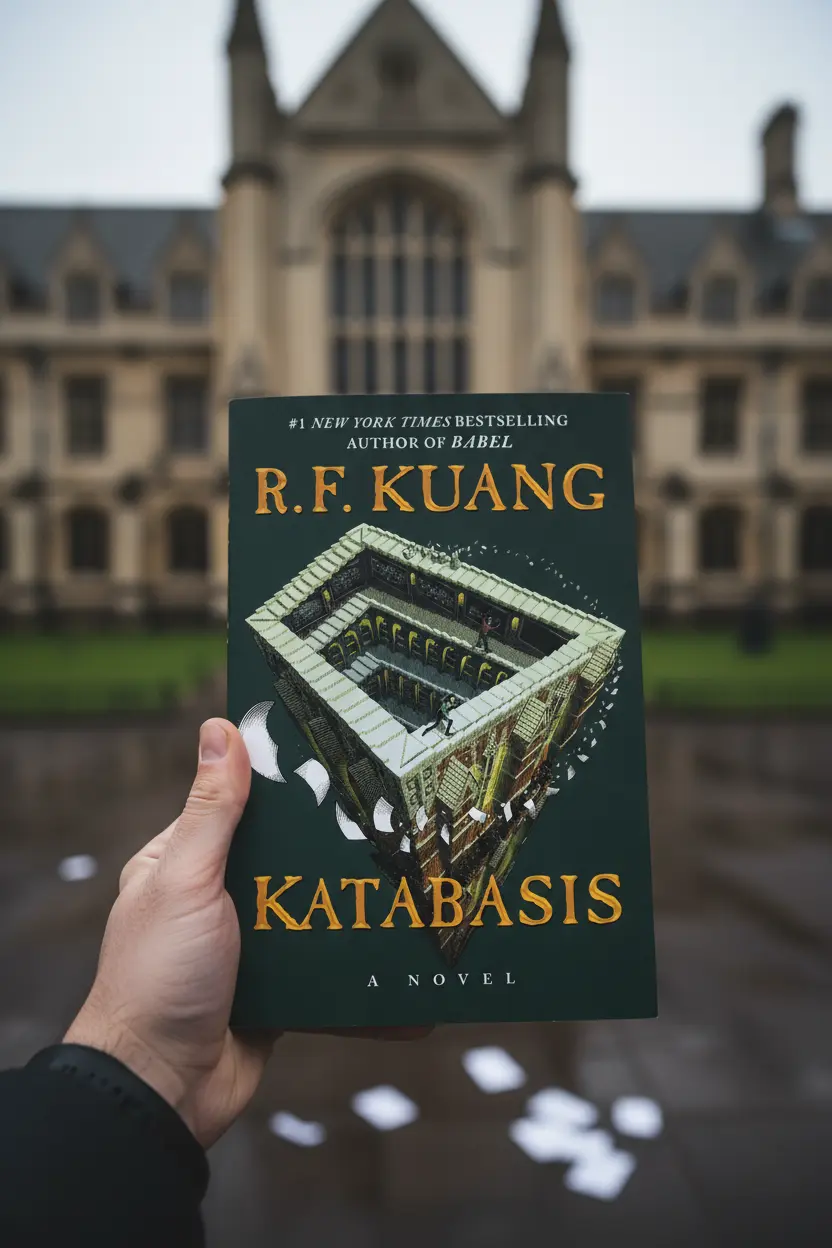
Airbnb FIFA Hosting Guide 2025 – Maximize Bookings During the World Cup
Airbnb FIFA opportunities are booming. When a FIFA World Cup™ or related tournament comes to your city, demand for short-term rentals skyrockets. Airbnb has even
SHARE THIS POST

This Buckeye a Novel Book Review looks at a newly trending work of fiction that has caught attention for both its sweeping historical reach and its controversial adult themes. Written with ambition and stylistic care, the novel follows several generations as their lives are shaped by a single choice in the opening chapter. Yet the book’s reliance on infidelity and betrayal as its inciting event has divided readers, leaving some drawn in by its honesty and others alienated by its tone.
At its core, Buckeye is about the ripple effect of personal decisions. The first chapter opens with a moment of infidelity that alters the trajectory of not just one family, but several. From there, the novel traces consequences through decades of secrets, reconciliations, and renewed fractures. This structure gives the book an epic, almost saga-like quality, attempting to show how small moments of weakness or desire can echo through generations.
The historical backdrop adds weight. The author situates the story against shifting American landscapes, using the titular “Buckeye” motif to tie together ideas of place, belonging, and memory. On the surface, the book is richly descriptive, with attention to setting and cultural detail.
The very choice to anchor the novel in betrayal makes the reading experience uneven. Some critics admire the blunt honesty—seeing it as a refusal to sanitize human behavior. Others feel that opening with such adult material risks alienating readers who might otherwise engage with the family saga. While the book avoids sensationalism, its frankness still raises the question of whether the plot could have been launched by a more nuanced turning point.
The pacing also draws mixed reactions. In some chapters the prose soars with poetic rhythm, while in others it lingers too long on personal regrets, slowing momentum. The generational shifts are effective in theory, but at times disjointed in practice.
Keeping track of what you read can turn the experience into something lasting. Our Book Tracker Template is built to help log every title, capture favorite quotes, and visualize progress in one place. Whether you’re reading sweeping historical nonfiction or fast-paced fiction, the tracker transforms your reading journey into a personal archive you can return to anytime.
Yet these themes do not always feel fresh. Readers familiar with multigenerational sagas may find echoes of earlier works done with tighter control.
This Buckeye a Novel Book Review finds the book both ambitious and flawed. On one hand, it is beautifully written in stretches, and it aims for the kind of depth that invites reflection on family, morality, and history. On the other, its reliance on adult content and its uneven execution mean it will not appeal to everyone. For readers who value lyrical writing and are willing to confront morally difficult material, Buckeye may resonate. For those looking for a more balanced or uplifting family narrative, the book’s entry point may feel off-putting.
In the end, Buckeye is a novel that wants to say something lasting about how lives are shaped by choices. Whether it succeeds will depend largely on the reader’s tolerance for its chosen starting point and the long shadow it casts.
Since this is an unbiased Buckeye a Novel Book Review, I should also point you to a few other takes for balance. The New York Times recently offered its own analysis of the book’s ambitious scope read their review here. NPR explored the novel’s emotional layers and its complicated themes see NPR’s perspective. And The Guardian weighed in with an international angle on why the story resonates — and why it may frustrate some readers check out The Guardian’s review. That way, you can compare this algorithmic critique with a handful of human voices and decide where you land.
Subscribe for unbiased reviews and easy-to-use tools that help you choose and track your next read.
SHARE THIS POST

Airbnb FIFA opportunities are booming. When a FIFA World Cup™ or related tournament comes to your city, demand for short-term rentals skyrockets. Airbnb has even

AI The Color of Death A Novel Book Review This AI The Color of Death A Novel Book Review explores Trey Gowdy and Christopher Greyson’s

Katabasis Book Review | R. F. Kuang’s Latest Novel Author: R. F. KuangGenres: Fantasy, Literary Fiction, Myth Retelling, Political FictionPublication Date: 2025 Star Rating: ★★★★☆
Subscribe for unbiased reviews and easy-to-use tools that help you choose and track your next read.